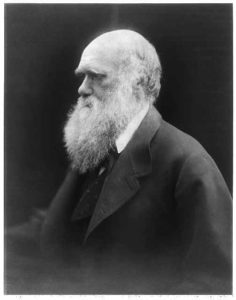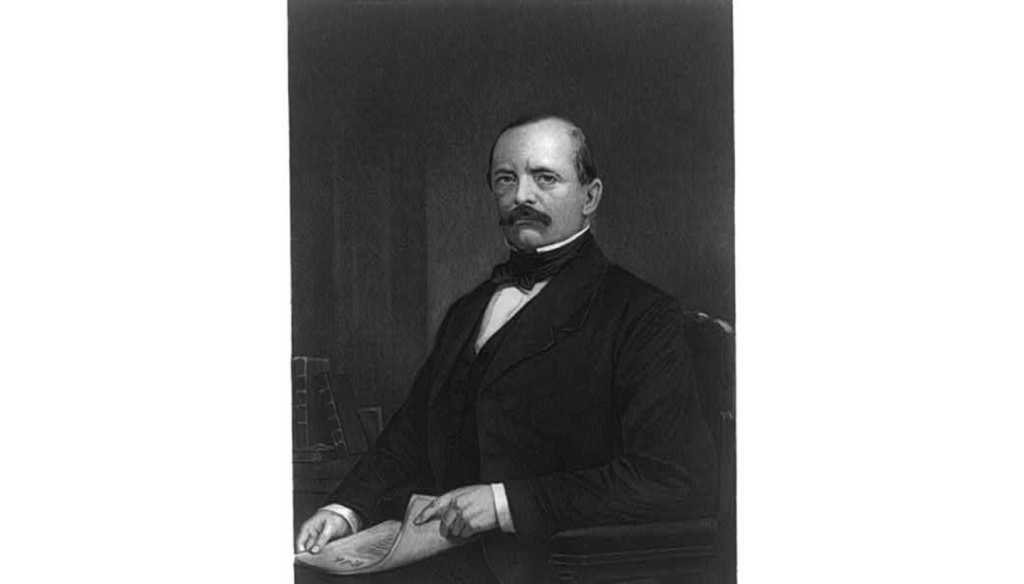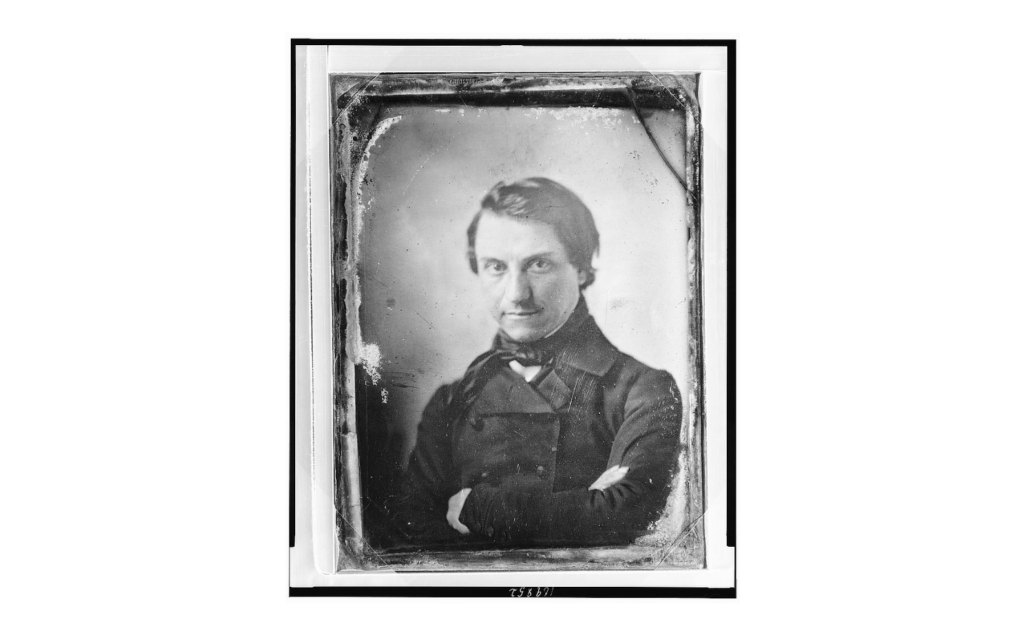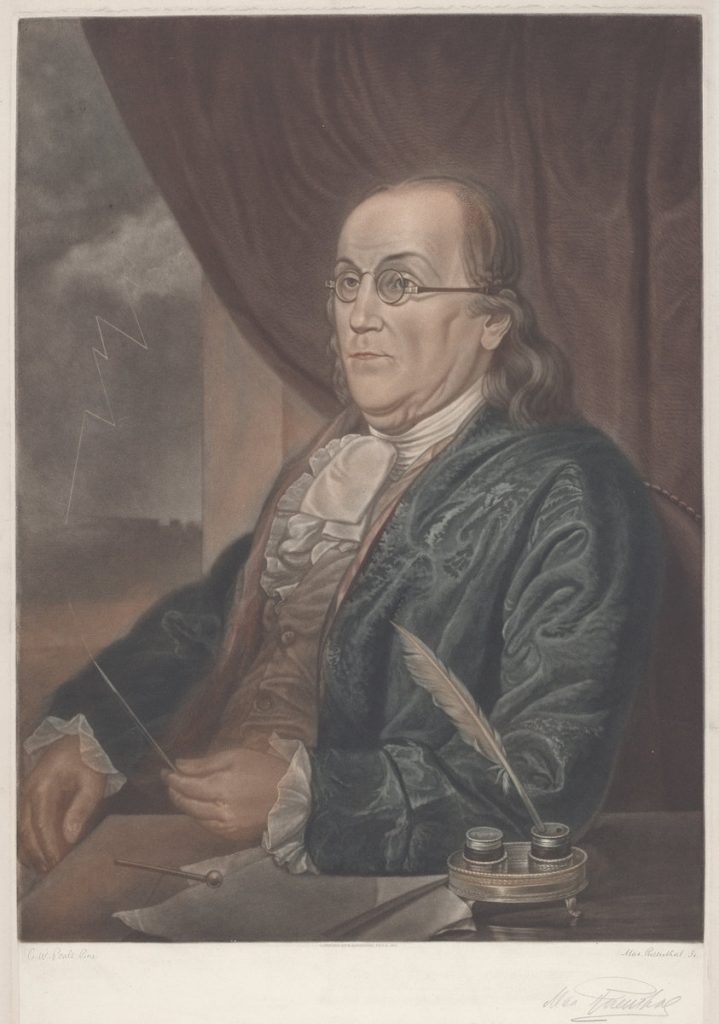This podcast only concerns Part One of the Final Exam, which consists of the following question that you must answer in an essay. I include the rubric that I will use to grade the essay. Part Two of the Final exam is covered in the Study Guide for the Final Exam for our course in Western Civilization.
Discuss TWO major ideas, developments or events whose origins can be located in the nineteenth century that helped to cause the First World War (1914-1919), and explain how they did so.
Rubric for Essay Question:
8-9
-contains a well-developed thesis that fulfills all topical requirements of the question
-supports the thesis with substantial, relevant information
-understands the complexity of question; deals with both examples in depth although the treatment may not be equal
-exhibits an effective description
-may contain minor errors
5-7
– contains a well-developed thesis that fulfills most but not all topical requirements of the question
-supports the thesis with some factual information
-has a limited understanding of complexity; will deal with both examples but only one in some depth, or with both examples in a more general way
-has limited description
-may contain errors that do not detract from the overall essay and argument
2-4
-lacks a thesis, or the thesis may be confused or undeveloped
-lacks supporting information, or information that is given is minimal, even confused
-ignores complexity; may deal with one example in a general way or both examples in a superficial way
-has no real description
-may contain major errors
0-1
-has an irrelevant or incompetent response
-may simply paraphrase or restate the question
-shows little or no understanding of the question






